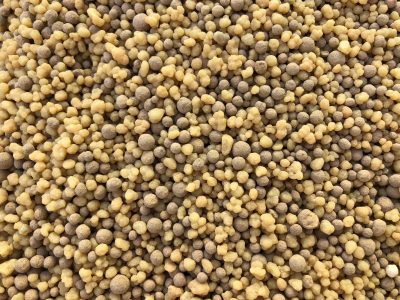$930.00/t
DDPhos NP+ contains a blend of DAP and DDPhos RPR, giving an efficient nitrogen boost while catering for short and medium term phosphate requirements and looking after soil health. DDPhos NP+ is a 50:50 blend, we will customise the rate of DAP and DDPhos RPR in order to suit your farms exact requirements.

Contains phosphate in both water-soluble (fast release) and non-water soluble (slow release) forms catering for short and medium term phosphate requirements while looking after soil health, biology and pH. Get an instant lift from the DAP while getting the medium term lift and biological benefits from the RPR.
Key benefits of DDPhos NP+:
Summer, Autumn, Winter, Spring